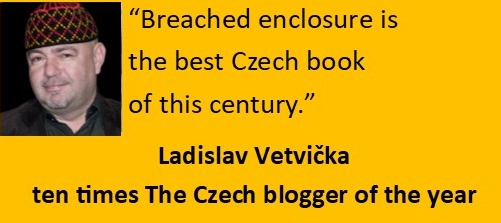The Romanian elections turned out differently to what the agencies predicted (even though their predictions two weeks ago were quite accurate). At the last minute, a large number of new voters emerged and swung the result in favour of the government candidate. It is pointless to speculate about whether this was massive electoral fraud. There is no evidence, and in principle there cannot be. It would have to be created by the people who organise and control the elections — that is, the current government.
Coincidentally, a few days ago I was filming a programme for the Svědomí národa (Conscience of the Nation) station, in which I discussed political systems. It should be released in early June. I summarised a few simple principles there.
Firstly, the fundamental purpose of elections is to consolidate the existing ruling power. This does not necessarily refer to the current ruling party. Sometimes, the existing ruling power comprises a whole cartel of political parties.
Secondly, if the ruling power were unsure of its confirmation, it would either not call elections or change the conditions.
Thirdly, if the ruling power cannot cancel or alter the results of elections, then it is not the real ruling power.
Fourthly, if someone else can force the ruling power to hold fair elections, they are effectively the real ruler. They will also make decisions on other matters.
Fifthly, elections in which the real opposition takes power usually only take place after the ruling group has effectively collapsed, as we have recently seen in the US.
This means that the oligarchy ruling Romania still has enough power to maintain its grip on the country. Although the opposition can run an effective election campaign, it is unable to organise itself effectively and has not gained sufficient influence over the levers of power. It probably lacks the analytical capability to anticipate and counter the government’s moves in time.


